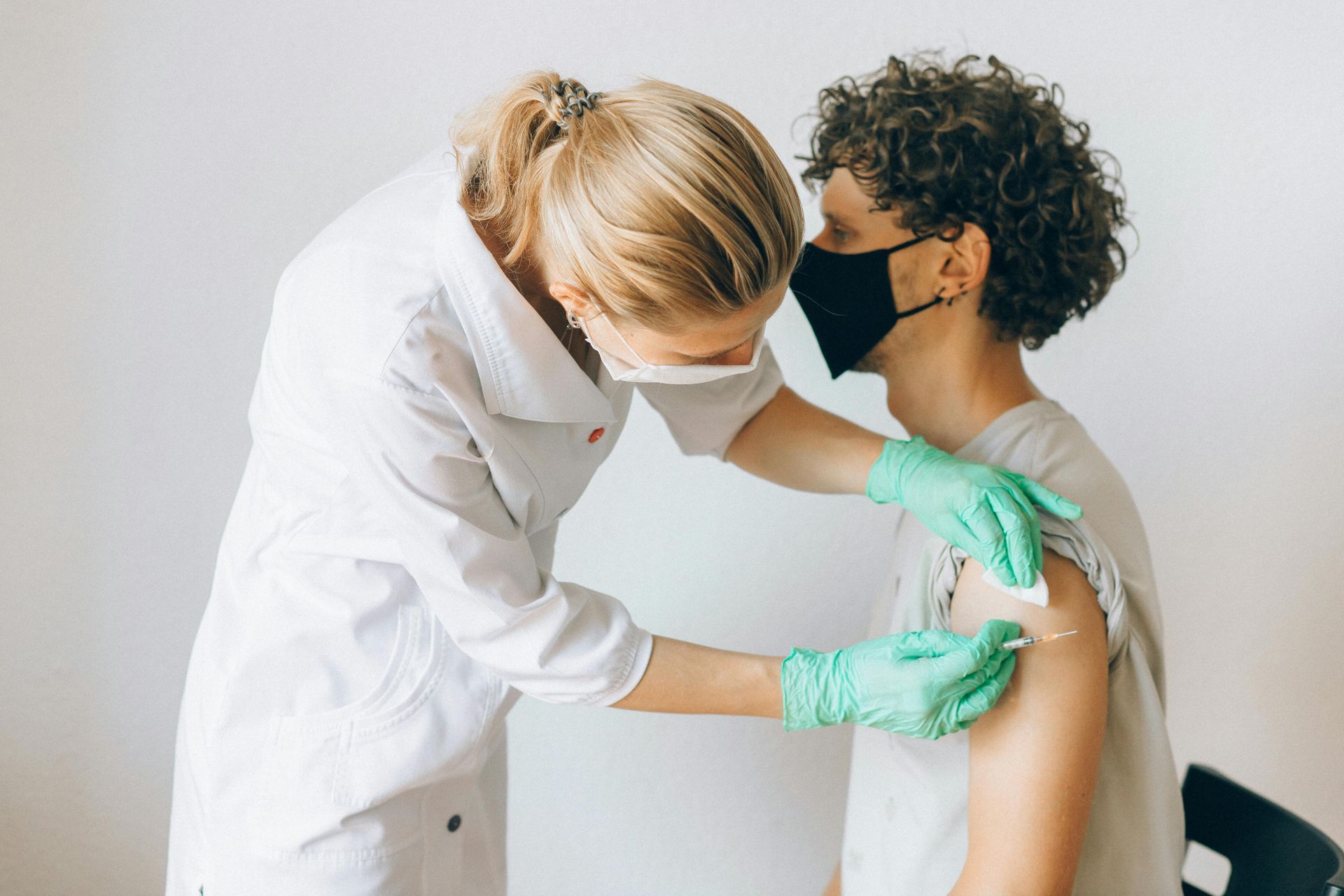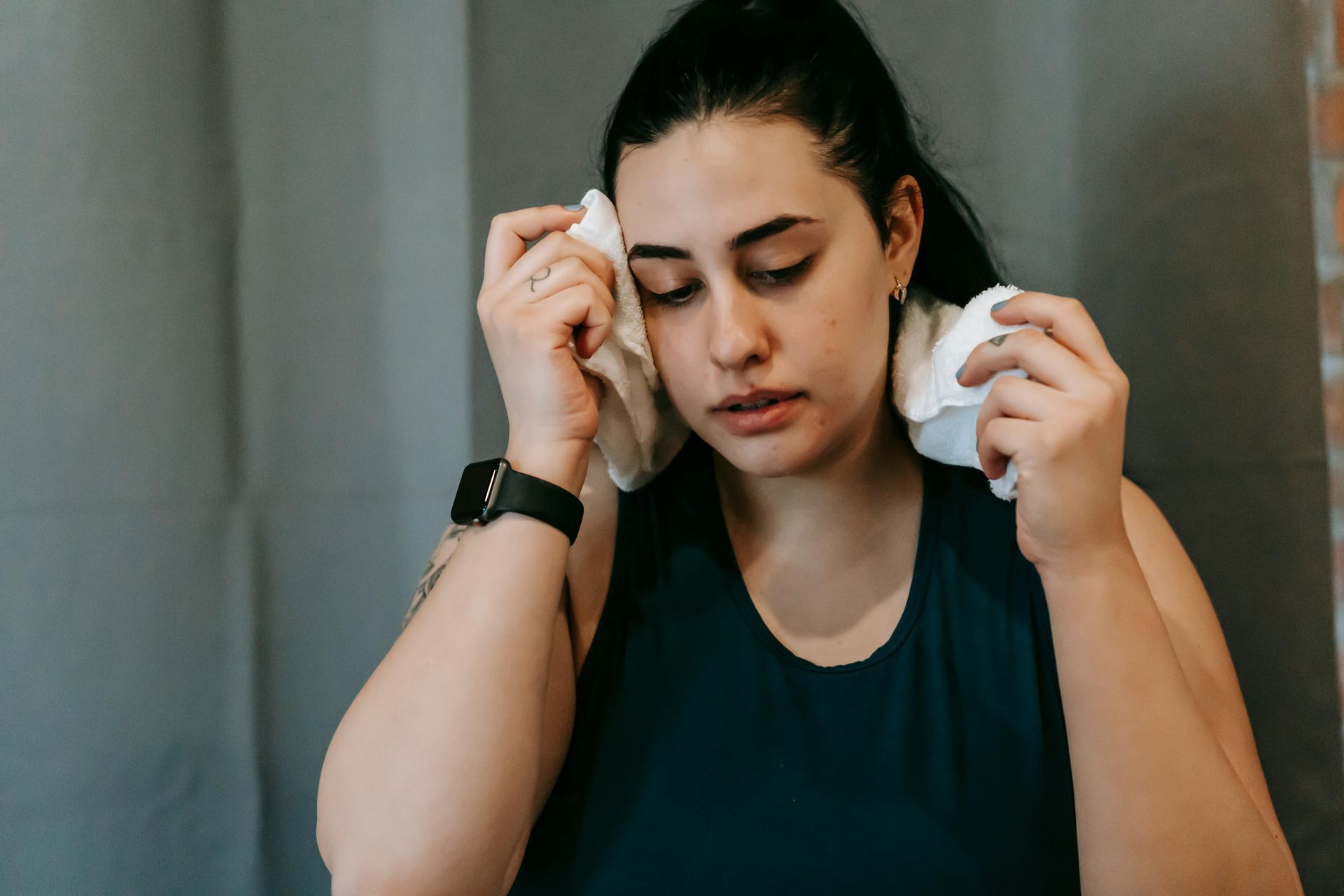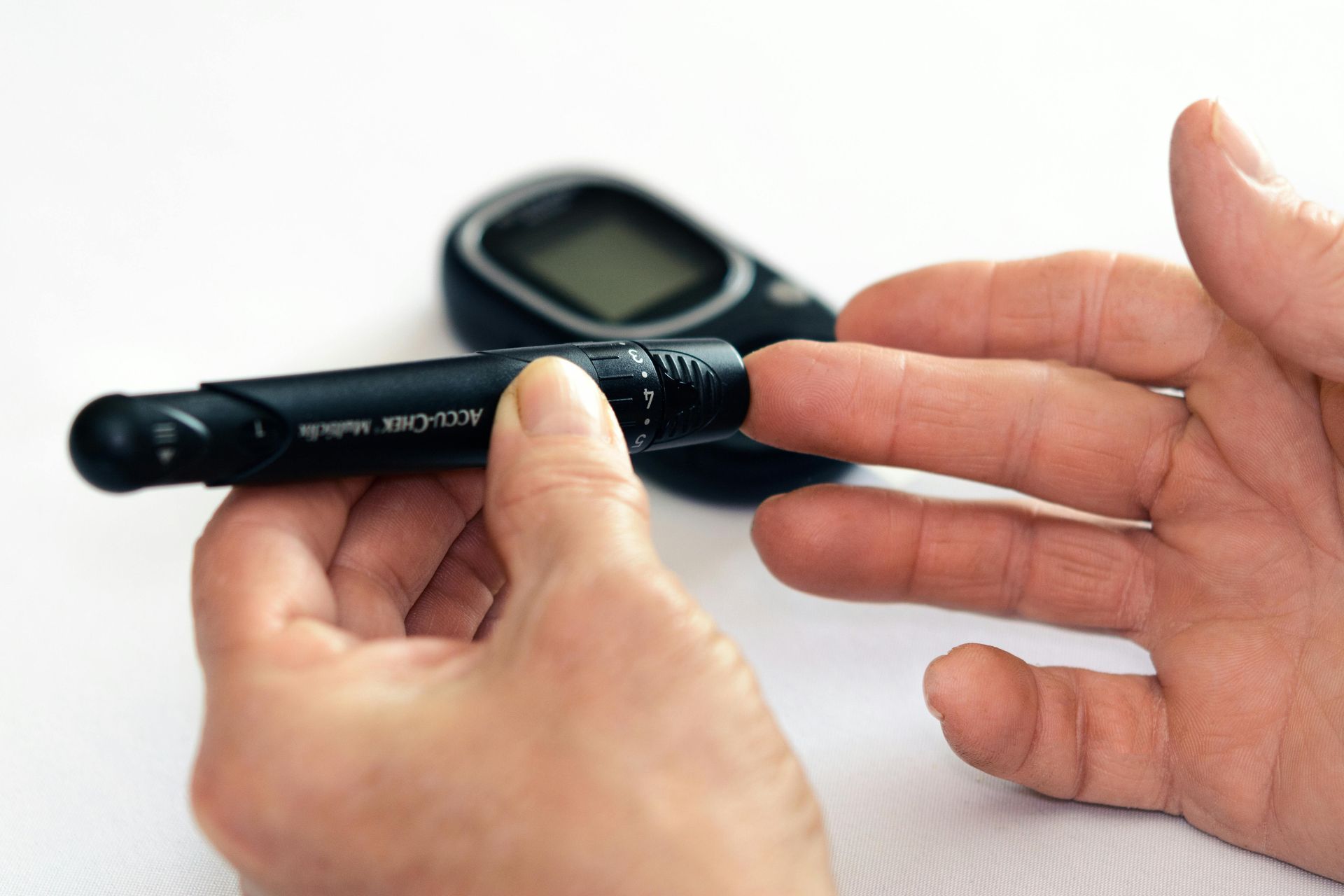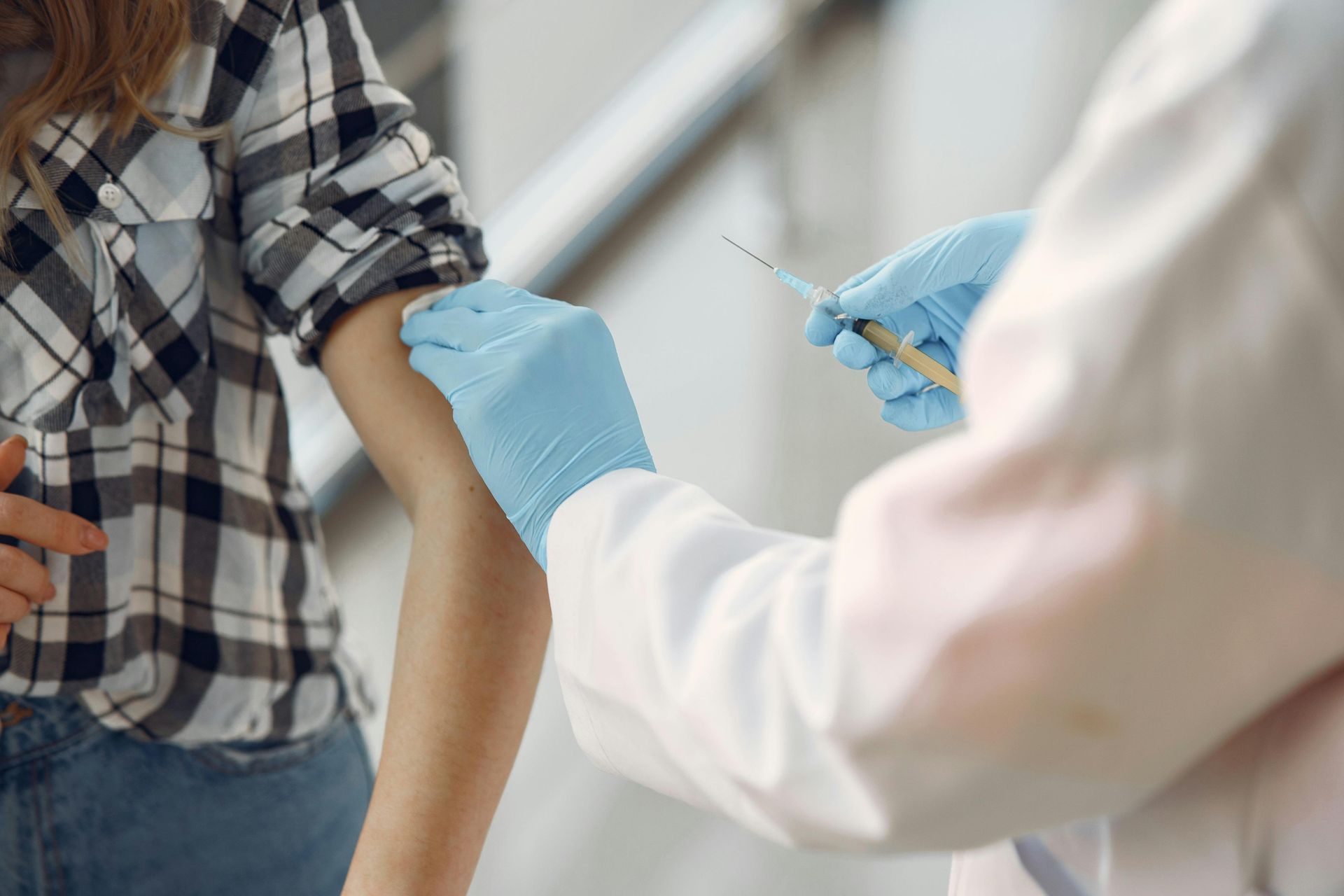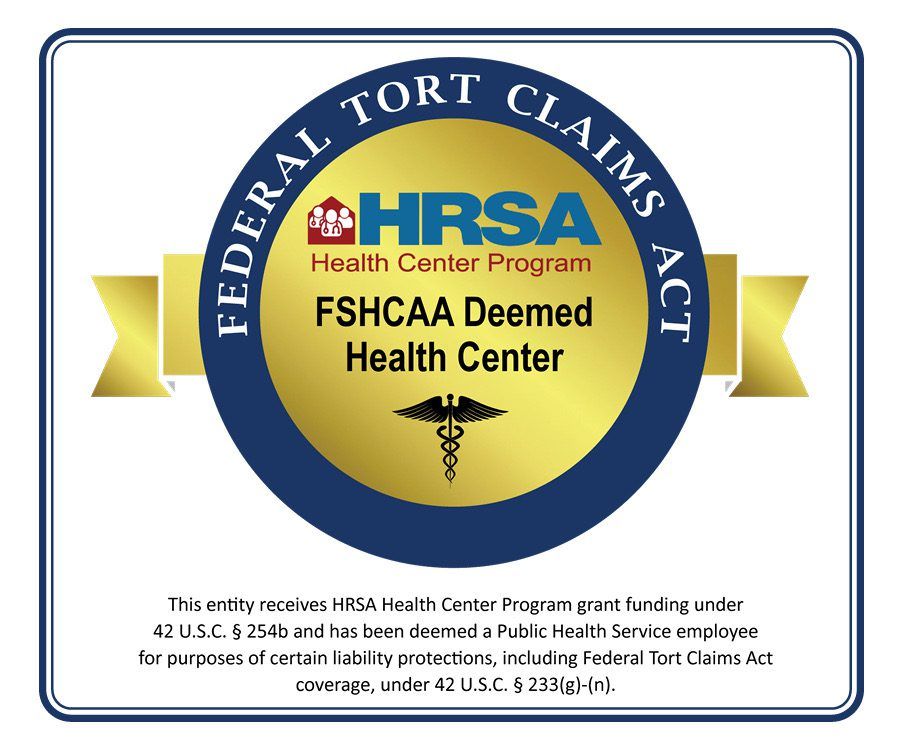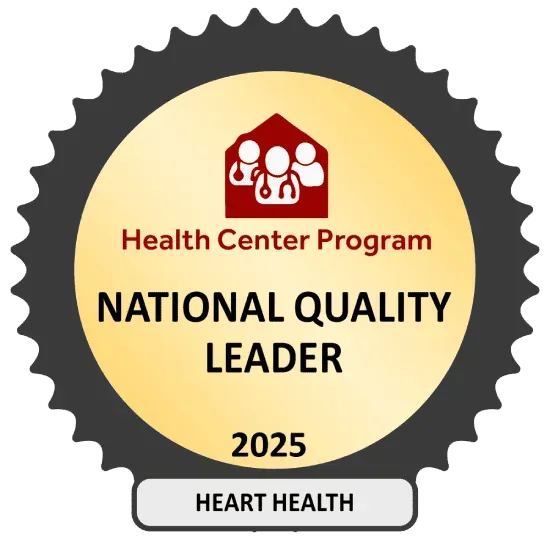What to Know About Measles
What to Know About Measles
Measles is one of the most contagious diseases in the world — and despite being declared eliminated in the U.S. in 2000, it’s making a concerning return. With rising international travel and declining vaccination rates in some areas, it’s more important than ever to stay informed and protected.
How Contagious Is Measles?
Extremely. Measles spreads through the air when an infected person coughs or sneezes. The virus can live for up to two hours in the air or on surfaces, meaning you can catch it just by entering a room where someone with measles recently was.
If you’re not vaccinated or immune, there’s a 90% chance you’ll get infected if exposed.
What Are the Symptoms of Measles?
Symptoms usually appear 7 to 14 days after exposure. The early signs may seem like a bad cold or flu but are actually the beginning of a much more serious illness. Common symptoms include:
- High fever (can spike above 104°F)
- Cough
- Runny nose (coryza)
- Red, watery eyes (conjunctivitis)
- Tiny white spots inside the mouth (Koplik spots)
A rash typically appears a few days after the fever starts, beginning on the face and spreading to the rest of the body.
Why Is Measles Dangerous?
Measles isn’t just uncomfortable — it can lead to serious, sometimes fatal complications, especially in:
- Infants and young children
- Pregnant individuals
- People with weakened immune systems
Complications include:
- Pneumonia (1 in 20 children with measles)
- Brain swelling (encephalitis), which can lead to seizures or permanent brain damage
- Hearing loss
- In rare cases, death
Globally, measles still causes tens of thousands of deaths each year, mostly in areas with low vaccine coverage.
How Is Measles Reappearing in the U.S.?
Most U.S. cases come from international travelers, often unvaccinated Americans, who contract measles abroad and unknowingly bring it back.
They can spark outbreaks in communities with low vaccination rates, putting vulnerable groups at risk.
The Best Protection: MMR Vaccine
The MMR vaccine (measles, mumps, rubella) is the most effective way to prevent measles. It’s been used safely for decades and offers strong, long-lasting protection:
- One dose is about 93% effective
- Two doses are about 97% effective
Children should receive:
- First dose at 12–15 months
- Second dose at 4–6 years
Adults who are unsure of their vaccination status, especially if they were born after 1957, should talk to a healthcare provider about getting vaccinated.
Planning to Travel? Get Vaccinated First
Measles is still common in many parts of the world, including Europe, Asia, Africa, and the Middle East. If you’re traveling internationally:
- Make sure you and your children are up to date on the MMR vaccine
- Infants 6–11 months old can get an early dose if traveling
Bottom Line
Measles is dangerous, but entirely preventable. Vaccination not only protects you — it protects your family, your community, and especially those who can’t be vaccinated due to medical conditions.
Talk to your healthcare provider today about the MMR vaccine. If you’re planning a trip abroad or haven’t had both doses, now is the time to act.





